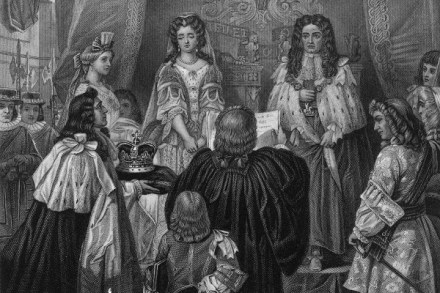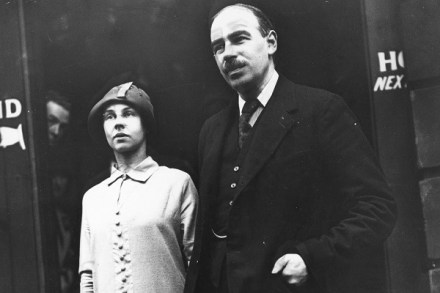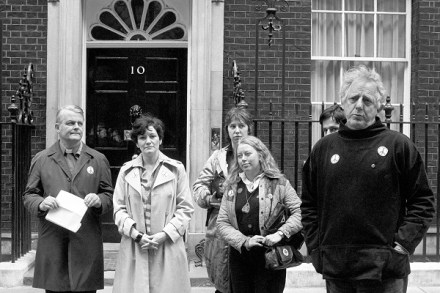To Move the World, by Jeffrey Sachs – review
Jeffrey Sachs is the world’s best-connected development economist. An academic with highly developed communication skills, he has always managed to secure access to policy makers and to offer them advice. His record is controversial. Back in the 1990s he worked on Russia’s transition from a command to a capitalist economy. He advocated the approach that Yeltsin adopted — shock therapy. The result was pensioners on the streets selling off furniture, jewellery and even their clothes to raise cash for food. Whilst there were many other factors at play, it now seems obvious that China’s transition to capitalism was better handled. China didn’t take Sachs’s advice. More recently Sachs has argued


















